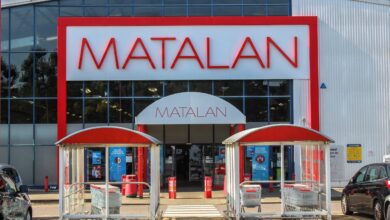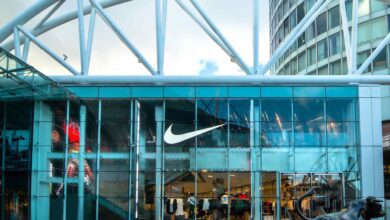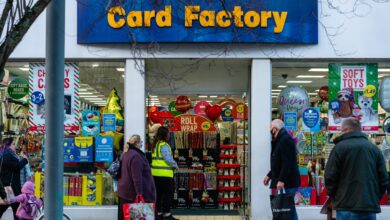Nike warns retail partners to cut down on reselling
The news comes a year after analysts at Cowen Equity Research predicted that the trainer resale market could potentially reach $30bn (£21.6bn) by 2030

Register to get 1 free article
Reveal the article below by registering for our email newsletter.
Want unlimited access? View Plans
Already have an account? Sign in
Sportswear giant Nike has reportedly warned its retail partners it will cut off the supply of limited edition trainers to their stores if they don’t crack down on staff enabling resellers.
According to the Sunday Times, Nike has told its retail partners they face “supply curtailment” if they don’t stop staff from quietly selling the highly coveted and limited trainers to resellers who then sell them for profit.
Currently, Nike releases the supply of highly coveted trainers, such as Air Jordans, Air Max and SB Dunks through special campaigns known as ‘drops’. These are specially designed to drive traffic to its stores and website and see the limited supply considerably outstripped by demand.
This has led to an extremely lucrative resell market where the trainers can fetch up to more than ten times their retail value. The news comes a year after analysts at Cowen Equity Research predicted that the trainer resale market could potentially reach $30bn (£21.6bn) by 2030.
The Times reports that Nike reportedly decided to issue the warning after resellers started “tapping up” staff at retail stores in order to secure multiple pairs to resell. In addition to warning its retail partners, it is thought that Nike will begin to increase the supply available in drops.
Last month, Nike revealed that its revenues for the third quarter of the year were $10.4bn (£7.4bn) up 3% compared to the prior year.
The retailer revealed that despite a large portion of its store estate in Europe remaining closed during the final two months of the quarter, its revenues were boosted by a 59% increase in digital revenues and a 51% increase in revenue from its Greater China region.
Revenues for its Nike Brand was $9.8bn (£7bn), a decrease of 2% on the year prior on a currency-neutral basis, primarily due to declines in its wholesale business which it attributed to container shortages and the “mandatory” store closures in Europe.







